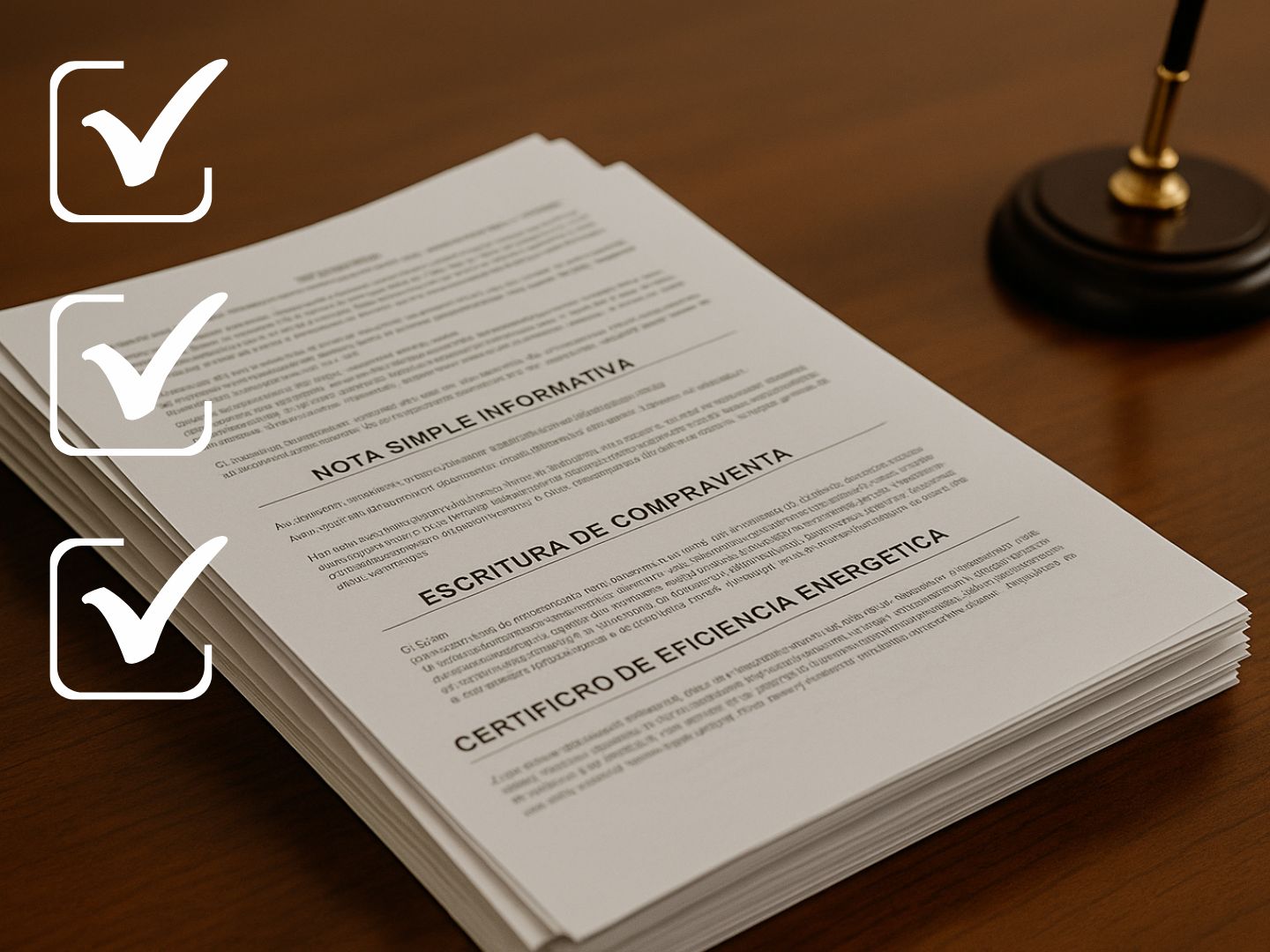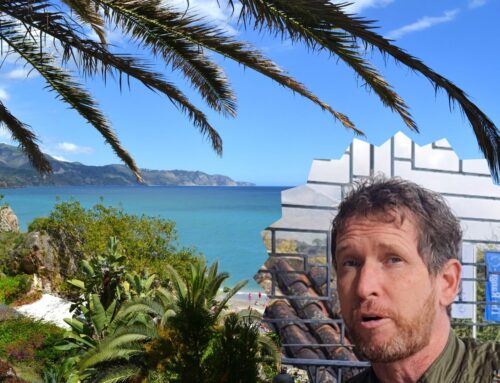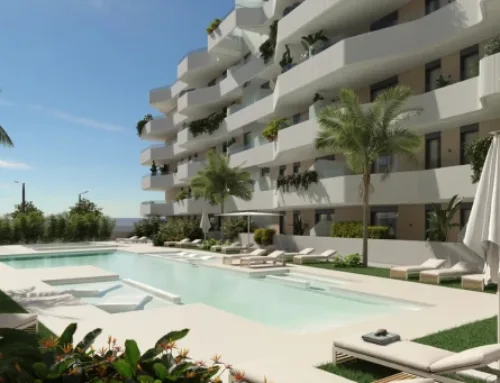1. Nota Simple – Land Registry simple extract
Confirms legal ownership and lists mortgages, liens, easements or any other encumbrances, including attached parking spaces or storage rooms.
2. Título Anterior – Previous title deed
Shows how the current owner acquired the property (purchase, inheritance, gift). Required for verifying ownership history.
3. LPO – Licencia de Primera Ocupación / Declaración Responsable
The LPO (Licencia de Primera Ocupación) is the traditional first-occupancy licence that confirms a property was built according to the approved project and is legally suitable for habitation. If an LPO is not available, a Declaración Responsable must be provided instead. In Andalusia, certain new constructions can obtain their first-occupancy authorisation through a Declaración Responsable, depending on the municipality and compliance with all technical and planning requirements. Both documents serve to confirm that the home meets planning regulations and is legally fit to live in.
4. CNIU – Certificate of Absence of Planning Violations
CNIU (Certificado de No Infracción Urbanística) verifies that the property has no open urban-planning infractions. Especially important to detect unlicensed extensions or structural works.
5. IBI, Basura and other municipal tax receipts
Latest receipts for property tax (IBI) and rubbish tax (Basura). These confirm that municipal payments are up to date.
6. Community Statutes (Land Registry extract)
The official rules of the homeowners’ association, including policies on pets, renovations, pool use or rentals.
7. Minutes of recent community meetings
Normally the last three meetings. If the community was formed only recently, submit the constitución de la comunidad instead.
8. Certificate confirming permission for tourist rentals
A statement from the community administrator indicating whether short-term rentals (Airbnb/Booking) are allowed in the building.
9. Certificate confirming the date of the next community meeting
Shows when the next ordinary or extraordinary meeting will take place.
10. Community fee receipt
Proof that monthly community fees are paid and no outstanding debts exist. The administrator often adds confirmation that there are no special assessments (derrama).
11. Passports and NIE numbers of all sellers
Required by the notary for identification.
12. Power of Attorney (if applicable)
A notarised authorisation for anyone signing on the seller’s behalf.
13. CEE – Energy Efficiency Certificate
Mandatory for all sales. Rates the property from A to G based on energy performance.
14. Utility bills (last 3 months)
Recent electricity and water bills confirming active service contracts.
Some lawyers may also request Boletín and CUPS numbers for technical verification, especially in new-build properties.
15. RTA – Andalusian Tourism Registry number (if applicable)
If the property has a tourist rental licence, provide the official RTA number (VFT/MA/xxxxx) issued by the Registro de Turismo de Andalucía. This certifies that the home is legally registered for short-term stays.
16. Contact details of the community president
Full name, email and phone number of the community president.
Useful for the buyer’s lawyer when confirming rules, future works or any pending issues.
Sell smarter — join the free mini video course for foreign sellers in Costa del Sol
Learn the selling process step by step and avoid costly mistakes with this free mini video course designed for foreign homeowners in Costa del Sol.
👉 Access the course here: https://merlishomes.com/sell/
This short course gives you a structured overview of what to expect, what to prepare and how to protect your interests throughout the sale.





